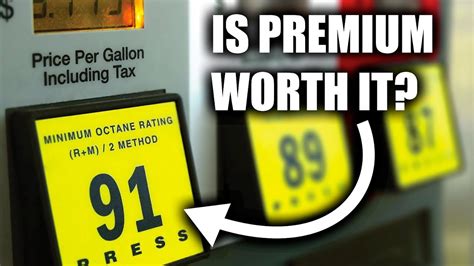The choice at the gas pump often presents a perplexing question for many drivers: should I opt for the cheaper regular unleaded or splurge on premium? The allure of better engine performance, improved mileage, or even the belief in a cleaner engine can lead many to reach for the higher-octane fuel. But is this extra cost truly justified for your specific vehicle, or are you simply throwing money away?
Understanding Octane Ratings
At the heart of the premium gas debate lies the octane rating, which measures a fuel’s resistance to “knocking” or “pinging” during combustion. Regular gasoline typically has an octane rating of 87, mid-grade is usually 89, and premium gasoline is 91 or higher. This rating doesn’t indicate the fuel’s energy content or its cleaning abilities. Instead, a higher octane means the fuel can withstand more compression before spontaneously igniting, which is crucial for certain engine designs.
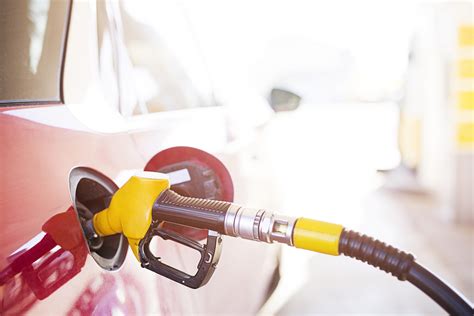
When Premium Gas is Required vs. Recommended
The most definitive answer to whether your car needs premium gas can be found in one place: your owner’s manual. Manufacturers explicitly state the required fuel type. Vehicles designed with high-compression engines, superchargers, or turbochargers often require premium fuel. These engines operate under higher pressures and temperatures, making them more susceptible to pre-ignition or knocking with lower-octane fuel. Using the recommended octane ensures optimal performance and prevents potential engine damage.
Some manuals might “recommend” premium fuel rather than “require” it. In these cases, your engine can run on regular gasoline, but it might not achieve its peak advertised horsepower or fuel efficiency. Modern engine control units (ECUs) are sophisticated enough to adjust timing to compensate for lower octane, preventing damage, but potentially at the expense of maximum output.

Does Premium Gas Improve Performance or Mileage for Every Car?
For cars that are specifically engineered to run on regular unleaded, there’s generally no benefit to using premium gas. Pouring 91-octane fuel into an engine designed for 87-octane will not magically boost its horsepower, improve its fuel economy, or make it run cleaner. The engine’s computer will simply ignore the higher octane, as it’s not needed, effectively negating any potential — albeit non-existent — advantage.
Conversely, if your car *requires* premium fuel, using regular gas could lead to reduced performance, decreased fuel efficiency, and long-term engine stress. The ECU will detect pre-ignition and retard the timing to protect the engine, which can lead to a noticeable drop in power and efficiency.
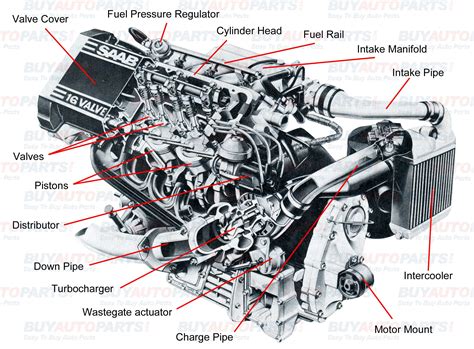
The “Knock” and Its Consequences
Engine knocking, also known as pre-ignition or detonation, occurs when the air-fuel mixture ignites prematurely, out of sync with the piston’s movement. This creates opposing forces within the cylinder, generating a distinct metallic “ping” or “knock” sound. In severe or prolonged cases, knocking can cause significant internal engine damage, including piston damage, bent connecting rods, and even blown head gaskets. Premium fuel’s higher octane rating is designed to prevent this destructive phenomenon in engines built to utilize it.
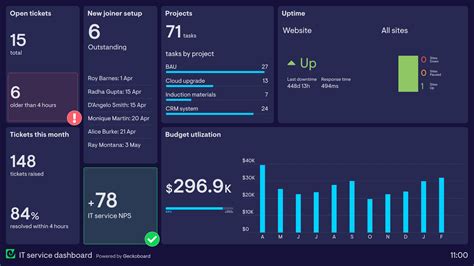
Making the Right Fuel Choice for Your Vehicle
The ultimate guide for your fuel choice remains your vehicle’s owner’s manual. If it states “Premium Fuel Required,” then investing in the higher-octane fuel is essential for your engine’s health, longevity, and performance. If it says “Regular Unleaded Required” or simply “Recommended,” then regular 87-octane gasoline is perfectly fine, and using premium will likely offer no discernible benefit.
While the temptation to provide your car with what seems like “the best” fuel is understandable, remember that “best” in this context is what your engine was designed for. Paying extra for premium gas when your car doesn’t need it is simply an unnecessary expense that won’t yield returns in performance or mileage.
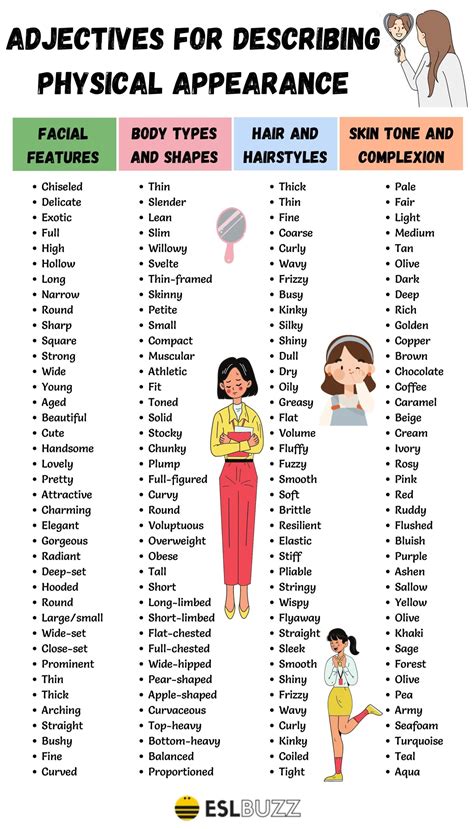
In conclusion, the decision to use premium gas boils down to your car’s specific engineering. Consult your owner’s manual, understand your vehicle’s requirements, and make an informed choice that balances performance, engine health, and your wallet.
